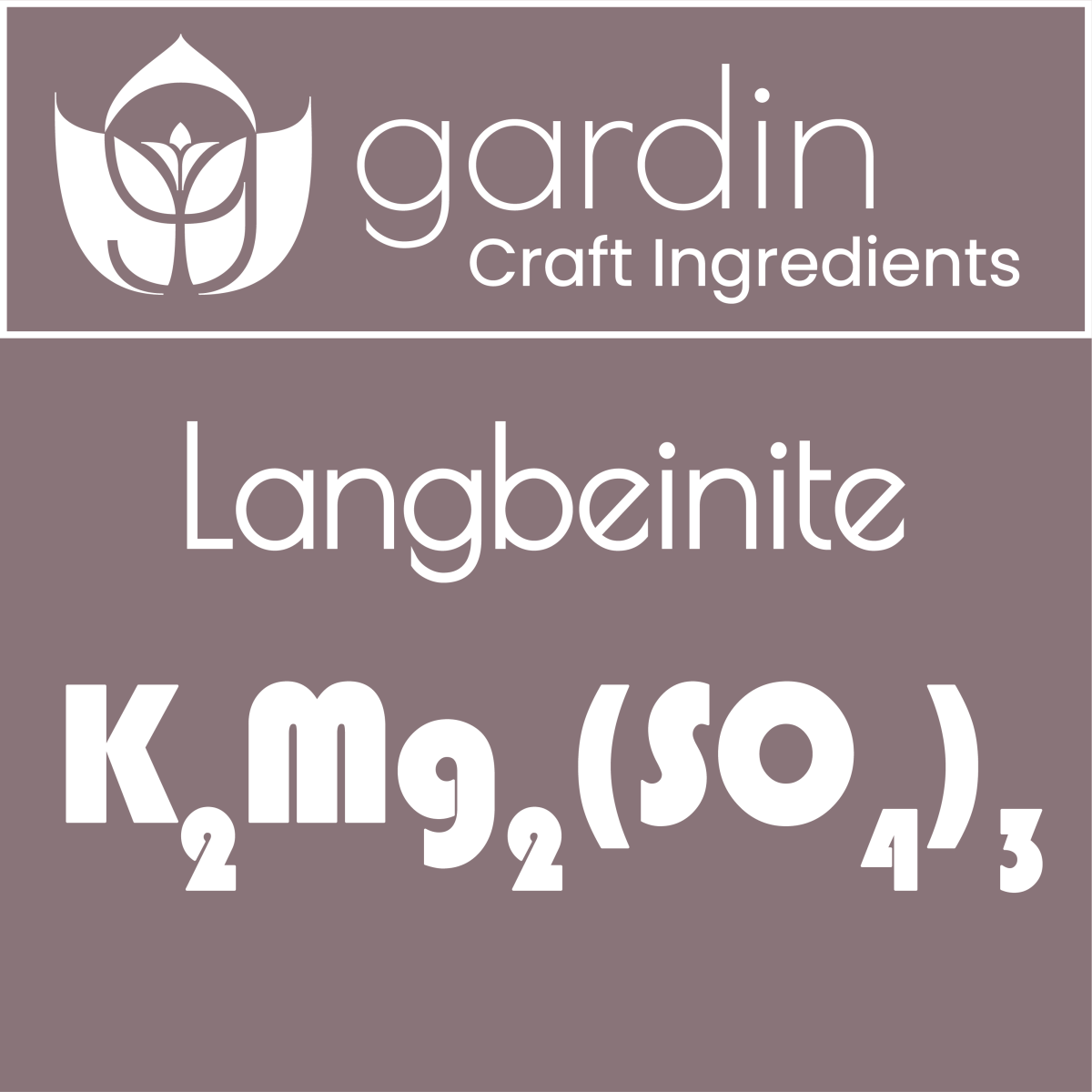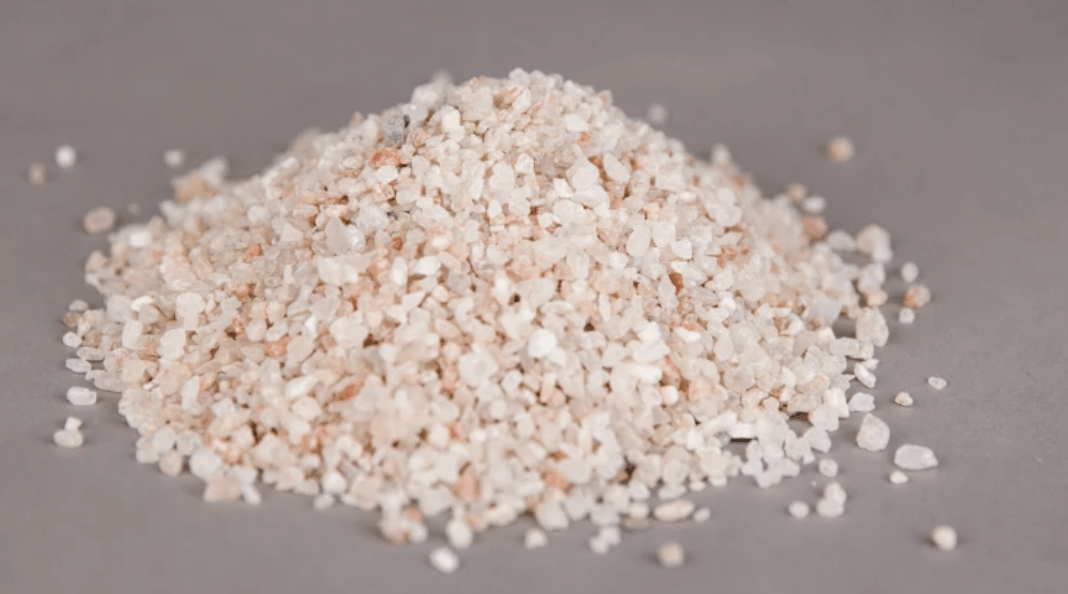Langbeinite (22%K 10.8% Mg, 22% S), also known as sulfate of potash magnesia (SOPM), is a naturally occurring mineral fertilizer that contains potassium (K), magnesium (Mg), and sulfur (S). It can improve plant growth and overall health by providing essential nutrients and addressing specific nutrient deficiencies in the soil. Here's how langbeinite benefits plant growth:
-
Potassium (K) Source: Langbeinite is an excellent source of potassium, which is one of the three primary macronutrients essential for plant growth. Potassium plays a vital role in various physiological processes, including photosynthesis, enzyme activation, and nutrient transport within the plant. Adequate potassium promotes strong root development, improved water and nutrient uptake, and increased resistance to stressors like drought and diseases.
-
Magnesium (Mg) Supply: Langbeinite contains magnesium, another essential plant nutrient. Magnesium is a central component of chlorophyll, the pigment responsible for photosynthesis. It is also involved in enzyme activation, energy transfer within the plant, and the formation of essential compounds like nucleic acids and proteins. Magnesium deficiency can lead to reduced photosynthetic activity and overall plant vigor, so langbeinite can help prevent or correct such deficiencies.
-
Sulfur Addition: Sulfur is necessary for the synthesis of amino acids, vitamins, and enzymes in plants. It also plays a role in nutrient uptake and plant metabolism. Langbeinite supplies sulfur to the soil, helping to maintain adequate sulfur levels for optimal plant growth.
-
Balanced Nutrient Uptake: The presence of both potassium and magnesium in langbeinite helps maintain a balanced nutrient uptake by plants. This balance is crucial for preventing nutrient imbalances that can lead to deficiencies or toxicities in plants.
-
pH Neutral: Langbeinite is pH neutral, which means it won't significantly affect soil pH. This makes it suitable for a wide range of soil types and ensures that it can be used without causing pH-related issues.


